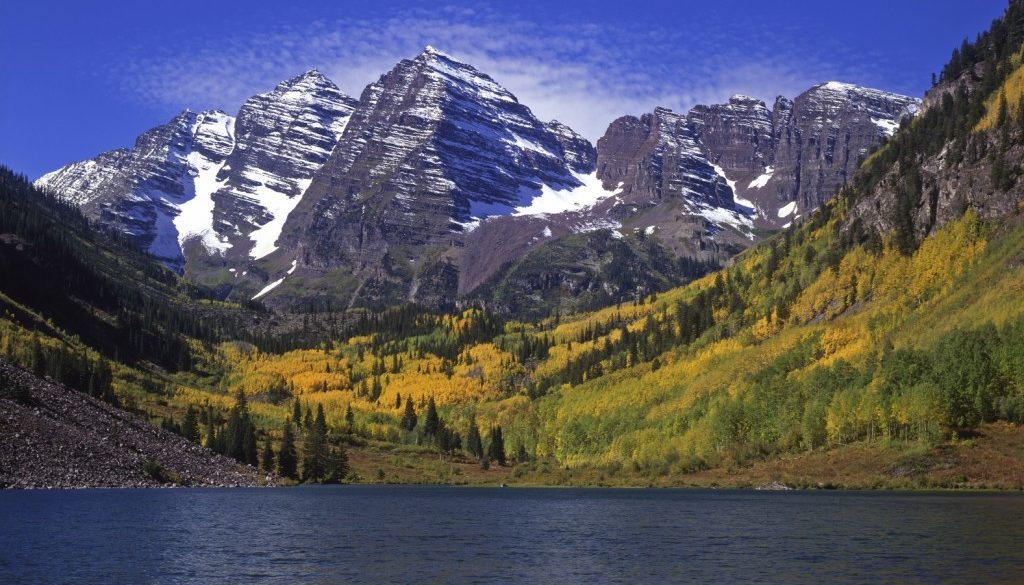The Value of Public Lands
By Steve Klass, American Sustainable Business Council
When was the last time you went to a national park? If you’re like a great many Americans, it probably hasn’t been too long. In Utah, our iconic Delicate Arch stands in the heart of a national park. Other national parks and monuments protect our shared heritage and contain irreplaceable treasures sculpted by forces beyond our comprehension, which nourish our spirits and those of millions of visitors.
Much of this is due to the Antiquities Act, which that has provided economic and personal benefits to millions of Americans for over 100 years. Passed by a Republican Congress, the Antiquities Act was signed into law by a Republican President, Theodore Roosevelt, on June 8, 1906, and since then has been used by presidents of both parties to protect public lands with significant natural, cultural, or scientific features. Over 140 national monuments have been designated, including the Statue of Liberty, the Grand Canyon, and many of America’s most cherished places.
Our nation leads the world in managing irreplaceable landscapes. We applaud President Obama for his action proclaiming 16 new monuments, including the beautiful San Juan Islands in Washington, the rugged Organ Mountains-Desert Peaks in New Mexico, and the historic Pullman District in Chicago – monuments that will draw visitors from around the globe and grow our local economies.
Now, we urge the President to continue using his authority under the Antiquities Act to protect our economy and the quality of life of future generations by preserving prized American landscapes, critical wildlife areas, and historic sites.
- National Monuments created by the Antiquities Act provide benefits across the spectrum, not just protecting these lands for people to visit but also providing a number of economic benefits. Public lands provide the core inspirational, ecological, and commercial assets that support human life in the arid inland West. The American Sustainable Business Council, of which we’re a member, sent a letter to President Obama praising this action. We were thrilled to sign on because we recognize the value these parks offer for our economy.
Our national parks and monuments benefit thousands of businesses, driving a $646 billion outdoor recreation economy that supports 6.1 million American jobs. Between 2000 and 2010, nearly 300,000 jobs were created by the more than 500,000 retirees who relocated to Western states in search of the scenic views and active outdoor lifestyle provided by public lands. From 1970 to 2010, western non-metro counties with more than 30 percent of their land base in federal protected status increased jobs by 345 percent, whereas Western non-metro counties with no protected federal land increased jobs by a comparatively paltry 83 percent. Communities around protected lands continue to thrive, notwithstanding the temporary price swings for natural resources like gold, uranium, oil and natural gas.
Most of us in the inland West live close to mountains that capture snowmelt in national forests and provide life’s essential element: water. The power from coal, natural gas and oil, and the timber, minerals, and livestock that support our modern life are harvested from these forests and Bureau of Land Management areas.
As a nation, we have the responsibility of ensuring that vital assets within public lands are cherished and stewarded to benefit all citizens for many eons to come. This long-term approach is not unique to the West; businesses across the country recognize the economic importance of protecting our natural resources.
The goal is to integrate economic activity seamlessly into the natural ecology, so that all human activity automatically preserves resources. We envision the web of life even stronger in each succeeding generation, with progressively greater standards of living and more economic possibilities. We can only accomplish this by being as conservative as possible, using all our available skills and knowledge, when managing the many elements of life that we did not create and do not fully understand.
We want people living in our country decades and centuries from now to take for granted the result of wise decisions that we are making in our time. The next step is preserving the Antiquities Act and continuing its successful work.

